Office of Field Education and Practice
Field education and hands-on practice are fundamental components of public health education, providing students with real-world experience and the opportunity to apply theoretical knowledge in practical settings.
677 Huntington Avenue
Boston, MA 02115
Spring 2025 Rose Service Learning Fellows

Princess Magor Agbozo is a Master of Science student in Global Health and Population at the Harvard T.H. Chan School of Public Health. She holds a bachelor’s in Public Health from the University of Kentucky. During her undergraduate studies, Agbozo worked as an intern in the Division of Epidemiology and Health Planning in the Kentucky Department for Public Health, supporting perinatal epidemiologists with surveillance projects to determine substance use in Hepatitis C Virus (HCV) positive mothers. She has also conducted community-engaged research focused on crisis management, maternal and child health, and cervical cancer. Her current research interest lies in health systems strengthening and cross-sector partnerships between faith-based organizations and public health institutions to improve population health and well-being.
Princess’s research project aims to equip Church Ministries to measure and evaluate the extent of their outreach programs on the well-being and flourishing of beneficiary communities. A mixed methodology will be used to produce a composite analysis of the data collected, to understand positive and negative outcomes that can inform decision-making on the outreach initiatives of Churches, as well as determine the scalability of the research study amongst more religious organizations.
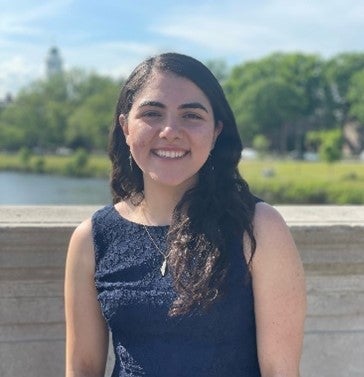
Nadine Bahour is a Master in Public Health student on the Health and Social Behavior track. She is interested in studying the impact of settler colonialism on healthcare access and quality. Her focus lies in the effects of restriction of movement for Palestinians living in the occupied territories, internally displaced Palestinians, and refugees in neighboring countries and globally. Nadine is the Research Coordinator for the Palestine Program for Health and Human Rights at the FXB Center at HSPH
Nadine’s project focuses on food access and insecurity for Palestinian and Syrian refugee camps in Lebanon.
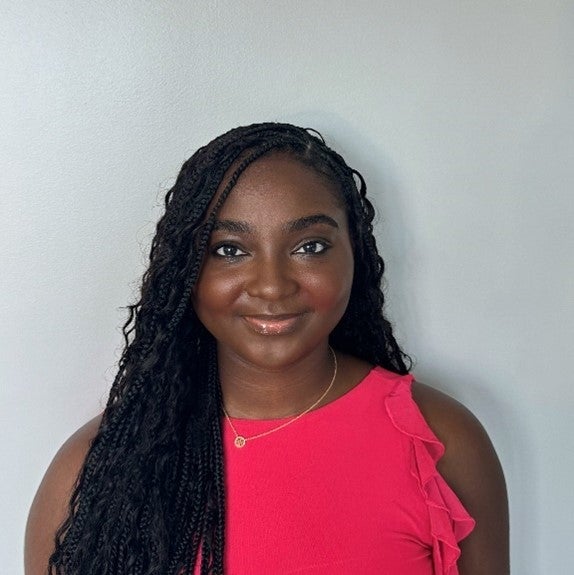
Bema Boateng is a Master of Public Health candidate at the Harvard T.H. Chan School of Public Health, specializing in health policy. Her work focuses on global health equity, community-based research, and strengthening systems that support child and adolescent health. She recently examined structural drivers of early childhood development in Brazil and has contributed to research on mental health, stress mapping, and digital health. Having grown up in Ghana, Bema’s lived experiences inform her commitment to equity, and she brings an interdisciplinary, collaborative lens to advancing sustainable solutions in resource-constrained settings.
Bema’s project focuses on exploring the feasibility, acceptability, and implementation barriers of a school breakfast program led by Food for All Africa in Ghana’s Eastern Region. Through a case study of two public schools, she will conduct focus groups, interviews, surveys, and meal observations to assess the program’s impact on student nutrition and school participation. Her findings will support ongoing program improvement and strengthen its delivery within the participating schools.

Ilahi is an MPH-65 candidate specializing in health policy with interests in vaccine equity, global health systems, and community-based interventions. She recently completed a development and communications internship with Princeton in Africa and has previous experience coordinating clinical trials at Johns Hopkins. Her work focuses on advancing health equity through culturally responsive, community-led public health strategies.
Ilahi’s project focuses on increasing childhood vaccination rates in underserved neighborhoods of Buenos Aires, Argentina. Through a partnership with Mundo Sano Foundation, she is developing culturally tailored caregiver education materials, training community health workers, and piloting a WhatsApp-based reminder system to strengthen vaccine confidence and follow-up. Her work aims to build sustainable strategies for improving immunization access in low-income communities
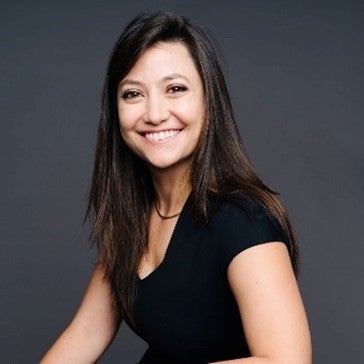
Veronica Lopez Gousset, MPH has over 8 years of experience ensuring patients’ voices are represented in healthcare decision-making. Her work includes developing and delivering capability building courses to patient communities on topics such as their role in medicine development and access, how to engage with decision makers, and the importance of international collaborations. She trains health technology assessment (HTA) bodies on incorporating the patient perspective into their appraisals and has presented and published on evaluating the impact of this engagement. She guided the creation of a regional patient group alliance at the European level and helped facilitate conversations with medical and patient experts to inform the creation of a clinical network for rare diseases internationally. Veronica has an MPH from Columbia Mailman School of Public Health and is pursuing a DrPH from Harvard T.H. Chan School of Public Health.
Through community workshops, Veronica will support IETS and the local patient community rebuild their trust, understand their roles and needs within the Colombian healthcare system, and co-create a path forward in their collaboration amidst ongoing political reforms to the national healthcare system.
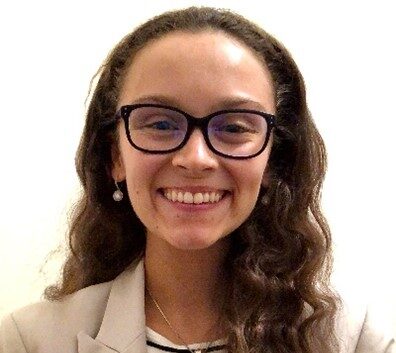
Michaela is a first-year master’s student in the Global Health and Population department at the Harvard T.H. Chan School of Public Health, where she is pursuing concentrations in Nutrition and Public Health Leadership. She graduated summa cum laude from New York University in 2024, with a bachelor’s degree in Global Public Health. At Harvard, she is conducting cost-effectiveness analysis research on childhood obesity interventions promoting improved nutrition and physical activity with Harvard’s CHOICES Project. Michaela is also doing a practicum with Deloitte as a Health Equity and Entrepreneurship Intern where she is gaining health consultancy training. Additionally, as a Global Primary Care Scholar at Harvard Medical School, Michaela is involved with the Advancing People-Centered Care Primary Health Care project in Thailand.
Michaela’s project focuses on understanding the critical role of village health volunteers (VHVs) in addressing diabetes and hypertension prevalence in Thailand. Through collaboration with the PBRI research team, Michaela will examine both quantitative data on the PBRI model’s cost-effectiveness (i.e. evaluating patient hospitalization/medication costs and health benefits, such as cases/deaths averted and QALYs gained) and qualitative insights from VHVs on local needs and barriers to implementation. This approach highlights the importance of VHVs’ cultural knowledge and trusted community relationships in supporting effective NCD preventi…
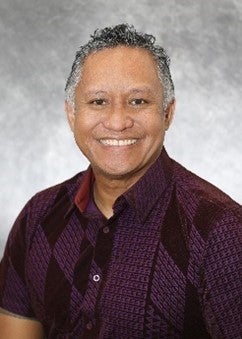
Damien Hanakeawe is a Master of Public Health candidate in the Generalist program at the Harvard T.H. Chan School of Public Health. He graduated from the University of Hawaii with a BA in Hawaiian Studies and an MBA in Healthcare Management. Utilizing culturally informed modalities of engagement, he designs clinical initiatives that increase healthcare accessibility for Native Hawaiians by closing gaps in health equity. His response efforts to the Maui Wildfires taught him that cultural identity and connectedness to ‘āina (ancestral lands) is often precluded by historical trauma, displacement, and systemic racism, often exacerbating longstanding health disparities. His current NIH funded research analyzes Advance Care Planning in elderly Hawaiian populations in rural communities. For his practicum, Damien will work with trusted community groups to co-create an ‘āina-based curriculum aimed at increasing mental health outcomes in Hawaiian youth hospitalized in residential programs.
With an aim to support clinical treatment, Damien will work with trusted grassroots community groups to co-design an ‘aina (land) based curriculum that strengthens causal pathways between Hawaiian-based cultural modalities of resilience and self-identify reinforcement, to increase mental health outcomes of indigenous youth in a residential mental health youth facility.
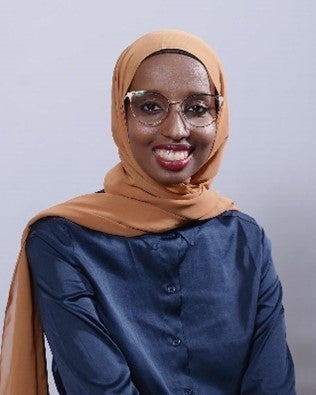
Sirad Hassan is a doctoral student in the Department of Social and Behavioral Sciences at the Harvard T.H. Chan School of Public Health. Her research focuses on autism disparities, migration stigma, and structural racism in health care systems, using mixed methods and community-based participatory approaches. She is particularly interested in advancing health equity for refugee and immigrant communities, with a focus on culturally responsive early intervention services and trauma-informed care.
Sirad’s project focuses on improving access to trauma-informed, culturally responsive health care for newly resettled refugee women in Perth, Australia. Through community partnerships with organizations like ISHAR and ASeTTS, she will co-develop health navigation tools that reflect the lived experiences of refugee women during early resettlement. The project aims to support service integration and enhance the quality of care for refugee populations.

Junita is a doctoral student in the Department of Global Health and Population, with research interests centered on maternal and child health. Originally from South Africa, she focuses on the Sub-Saharan African region, aiming to improve early childhood development outcomes. Her work is driven by a commitment to ensuring that young children thrive during the crucial early years of life.
This exploratory project investigates whether and how R/S shape caregiving practices in Khayelitsha, where R/S is central to daily life but largely under-explored. By building on trusted community partnerships and feeding findings back into local systems, this project seeks to inform more respectful, culturally grounded approaches to ECD—and to give back to a community that has long given to research.

Neena Kapoor is a second-year Population Health Sciences doctoral student in the Department of Global Health and Population. She is also a researcher with the Quality Evidence for Health System Transformation (QuEST) research group at Harvard T.H. Chan School of Public Health and focuses on building rigorous evidence for high-quality health systems globally. While working for QuEST, Neena supported the fielding of the People’s Voice Survey in 15+ countries, a nationally representative phone survey that captures the population perspective of the health system. Prior to this, she completed her Master of Science in Global Health and Population at Harvard T.H. Chan School of Public Health, where she assessed the effect of COVID-19 containment policies on essential health service delivery across high-, middle-, and low-income countries.
This project addresses critical gaps in postnatal care utilization in Jodhpur and Sonipat, India through a qualitative assessment identifying barriers and facilitators to care access during the vulnerable “fourth trimester” period. Building on findings that only 40% of mothers access recommended postnatal care, this research will conduct interviews with mothers and providers to develop evidence-based, actionable solutions to improve maternal healthcare delivery.
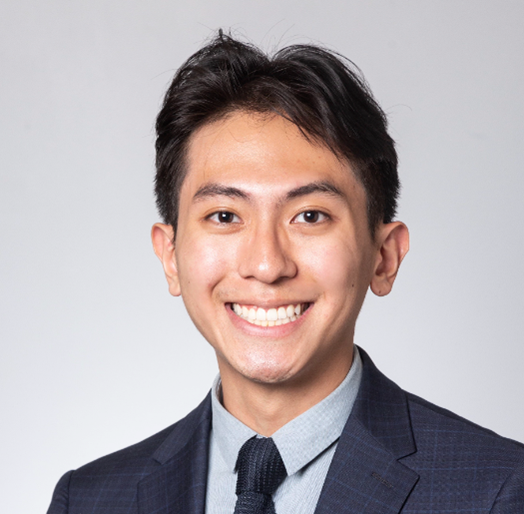
Kenzo is a master’s student in the Department of Global Health and Population with a concentration in Humanitarian Studies and 2025-2026 Student Body President at the Harvard T.H. Chan School of Public Health. He is passionate about immigrant health, climate resilience, and equitable care delivery in remote and underserved communities. Prior to Harvard, he worked across education, policy, and clinical research in New York City and served as a U.S. Fulbright Scholar in Portugal. His current work focuses on integrating traditional knowledge and data sovereignty into climate and health research with the Ahtna Athabascan community in rural Alaska.
Kenzo’s project with the Copper River Native Association focuses on addressing climate-related health challenges and food insecurity in the Ahtna Athabascan community. His work supports the integration of traditional knowledge into public health research and advances community-driven strategies to strengthen Indigenous health sovereignty. The project aims to document climate impacts while promoting culturally grounded approaches to resilience and well-being.
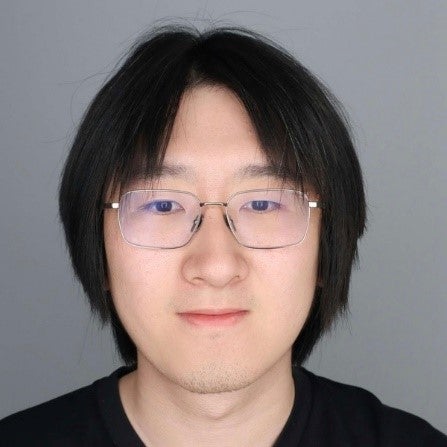
Peng is a first year student in the Master of Science in Epidemiology at Harvard T.H. Chan School of Public Health. His interests focus on population mental health, health intervention, and causal inference. Outside academia, Peng is enthusiastic about improving community health around him through volunteering in intervention programs.
In his project, Peng is collaborating with the diabetes committee of the Mission Hill Health Movement to assess the diabetes knowledge of long-term residents. The collected information will be visualized and written as a deliverable report to the local community and newspapers. In addition, based on the findings, the project aims to develop an educational framework for future community educational events and implement trial operations during the upcoming fall.
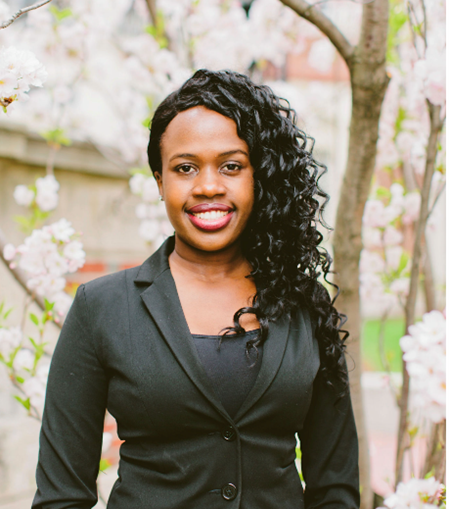
Gakii Masunga is a Master of Science student in The Department of Social and Behavioral Sciences at The Harvard T.H. Chan School of Public Health. She recently completed a Master of Bioethics at Harvard Medical School and is passionate about applying a Bioethics lens to public health research. Prior to graduate school, she worked with a research group applying an ethical lens to the creation of a prospective longitudinal cohort study to better understand the determinants of cardiometabolic disease and mental health outcomes across sub-Saharan Africa.
Gakii’s project focuses on bridging the divide between the community of mothers in Connecticut who suffer from substance use disorder and the healthcare providers responsible for their maternal care. She will use the information collected from the mothers to create an educational webinar series to equip healthcare providers with first-hand information on the factors affecting mothers at risk for substance use overdose.
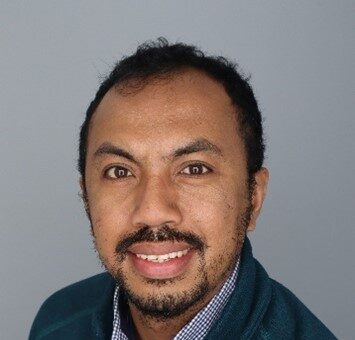
Hervet is from Madagascar and a fourth-year PhD Candidate in Population Health Sciences. His main research interests are climate change, environmental change, food insecurity, and global mental health. He is co-advised by Professors Christopher Golden and Karestan Koenen. One of Hervet’s research projects is to culturally adapt existing mental health scales, such as the 8-item Patient Health Questionnaire, to screen for depressive disorders in southwestern Madagascar.
Hervet’s project will equip non-specialist health workers with practical social-emotional learning skills and allow them to use the culturally adapted 8-item Patient Health Questionnaire (PHQ-8) to screen for depression in their communities.
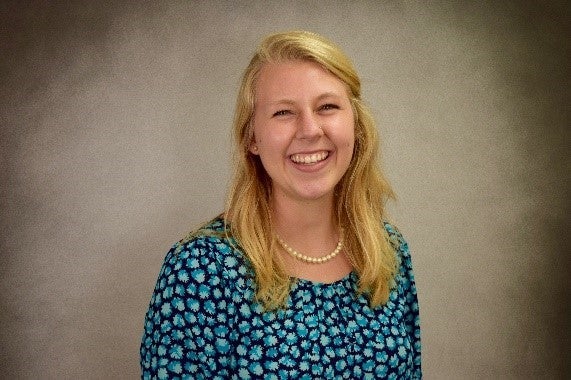
Elise is a Population Health Science PhD student studying Public Health Nutrition. Her research focuses on the intersection of diet quality, food security, and chronic disease prevention. Elise uses policy evaluation and implementation science methods to understand how programs and policies can maximize the benefits of federal nutrition programs and better understand the mechanisms through which they work to improve diet quality and decrease food insecurity. She is a Registered Dietitian Nutritionist and worked at a local health department to implement a SNAP matching nutrition incentive program for almost four years before beginning the PhD program. This on-the-ground experience has influenced her career goals of engaging in practice-based research that is accessible to practitioners.
Elise’s project seeks to understand participant characteristics associated with dose, duration, and frequency of nutrition incentive program utilization in partnership with a local health department in Indianapolis, IN to improve food security and diet quality. Tailored outreach and communications materials will be created to increase enrollment and utilization among unique participant groups.
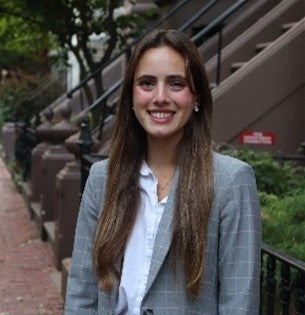
Luiza Lima Vieira is a Brazilian MPH candidate in Nutrition at the Harvard T.H. Chan School of Public Health. She holds a BS in Nutritional Sciences and a minor in Global Health from Cornell University. Prior to graduate school, she worked as a Health and Nutrition Services Manager at ABCD, supporting child nutrition in Head Start programs. Luiza is passionate about nutrition policy, mental health, planetary health, and health equity. She is actively involved in the Brazilian community at Harvard and is also a certified Classical Pilates instructor. Her practicum focuses on evaluating Brazil’s ban on ultra-processed foods in public schools.
Luiza’s project focuses on evaluating the implementation and impact of Rio de Janeiro’s 2023 ban on ultra-processed foods (UPFs) in public elementary and preschool settings. Through qualitative research in collaboration with the Institute of Health Policy Studies (IEPS), she will assess how the policy is affecting students, families, and school personnel, and identify opportunities to strengthen compliance and equity in school food environments. The project centers community voices and aims to inform future public health nutrition policies in Brazil and similar contexts
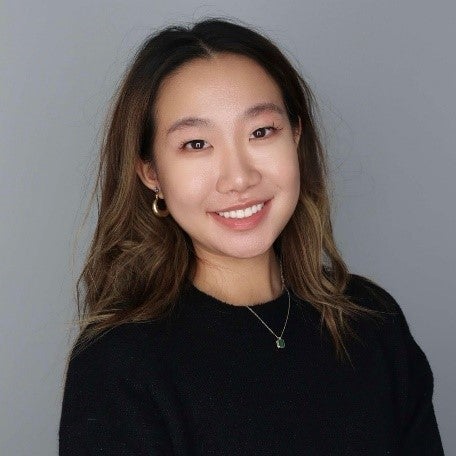
Stella is a Master of Science student in the Global Health and Population department. Her research interests are health systems strengthening, universal health coverage, and the use of AI in such efforts. Her research experience spans mixed methods studies on adolescent HIV prevention in Kenya, diabetes self-management in the U.S., sexual reproductive health in Oaxaca, Mexico, and cost-effectiveness of school feeding programs.
Stella’s project evaluates post-training primary health care worker capacity for hepatitis B and C care in Viet Nam by developing and deploying a vignette-based competency assessment tool in collaboration with HAIVN and local partners. Grounded in co-design and people-centeredness, the project will generate actionable evidence for StITCH training refinement and scaling.